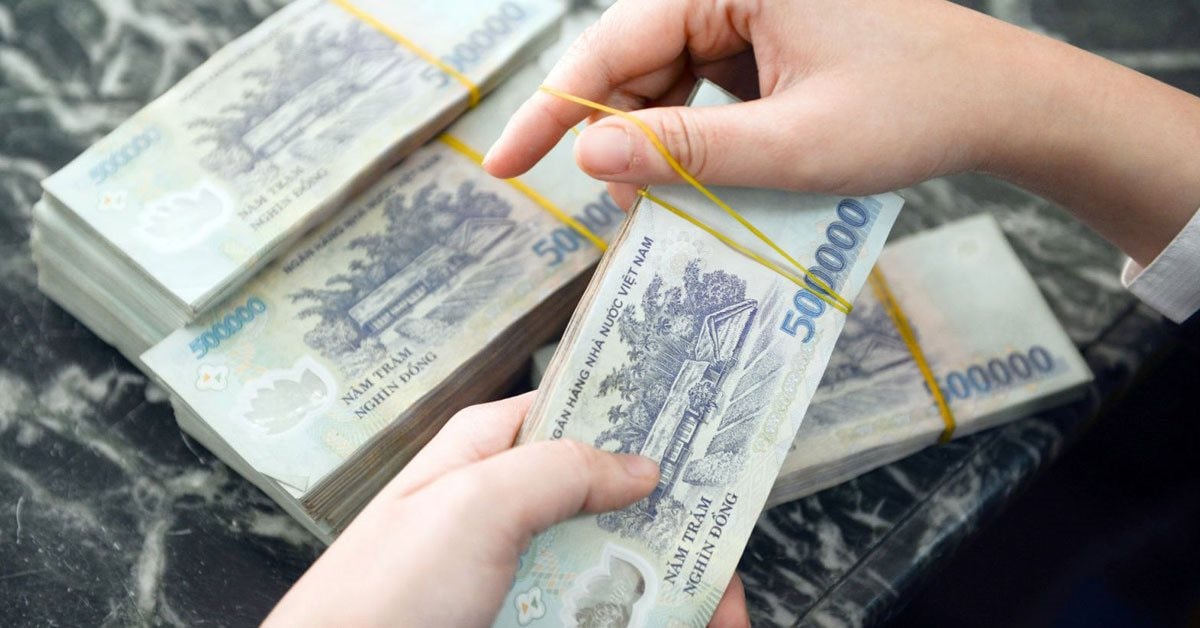
Vietnam’s vibrant business landscape is reflected in the diverse range of enterprises, including stable businesses and high-revenue earners.
The total number of stable businesses (both households on fixed tax payments and those declaring their income) stands at 2.2 million, marking a 4% increase from 2023. Notably, 1.3 million households fall into the taxable category, indicating revenues surpassing 100 million VND per annum.
Revenue collection from these businesses and individuals reached an impressive 25,953 billion VND in 2024, reflecting a significant 20% surge compared to the 21,638 billion VND collected in the previous year.
Breaking down the tax contribution, 2.15 million households are on fixed tax payments, with an average monthly tax of 686,000 VND per household. Additionally, 84,499 households utilize the declaration method, contributing an average of 3.29 million VND monthly per household.
Delving into the data, 1,829,920 businesses reported annual revenues below 500 million VND in 2025, with a total tax liability of 5,551 billion VND for the year.
Turning our attention to high-revenue businesses, the Ministry of Finance reported 860 enterprises with revenues exceeding 30 billion VND in 2024. This includes 121 households on fixed tax payments and 739 declarants, predominantly located in regions I, II, IV, XV, XVIII, and XVI.
Notably, five declarants stood out with remarkable revenues. One household, N.T.M.T., specializing in fresh seafood retail, reported nearly 560 billion VND in revenue for 2024 in region XI. Another business, Đ.T.O., a wholesaler of foodstuff, boasted revenues of almost 360 billion VND in region III. Three other enterprises also surpassed the 200-billion-VND mark in annual revenue.
The transition from individual to corporate status presents a strategic opportunity for these businesses to expand their operations, enhance competitiveness, improve access to capital, and contribute more significantly to their local economies.
The Ministry of Finance is committed to policy refinement, as evidenced by their ongoing work on the draft Law on Tax Administration (replacing the current law). This includes proposing a comprehensive reform of tax management practices to align with the unique characteristics of micro-enterprises and individual businesses (households). The goal is to foster private sector growth, as outlined in Resolution No. 68-NQ/TW of the Politburo, by abolishing fixed tax payments, encouraging households to incorporate, and mandating electronic invoices linked to tax authorities’ data.
The Rising Cost of Social Housing
Social housing in Hanoi is becoming increasingly expensive, with some projects reaching up to 27 million VND per square meter. This price surge has sparked concerns among experts, who believe that such high prices exclude a significant portion of low-income earners. With the current regulations in place, individuals earning less than 15 million VND per month would find it challenging to purchase social housing at these elevated rates.
The Ultimate Guide to the Record-Breaking Social Housing Complex in Hanoi: Unveiling its Unique Features
Rice City Long Châu, an upcoming social housing project in Long Bien District, Hanoi, is set to break records with its anticipated price tag. With an expected selling price of 26–27 million VND per square meter, it surpasses the previous record held by the N01 Ha Dinh project, which peaked at 25 million VND per square meter. This makes Rice City Long Châu the most expensive social housing project Hanoi has ever seen.
The Post-Merger Economic Powerhouse: A Local Economy Bigger Than Some ASEAN Nations
This locale was formed from the merger of three distinct regions, each with their own unique history and culture. The fusion of these diverse areas has created a vibrant and dynamic community, rich in heritage and full of potential.





















